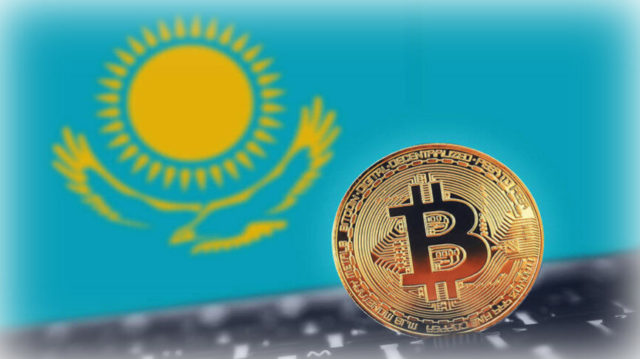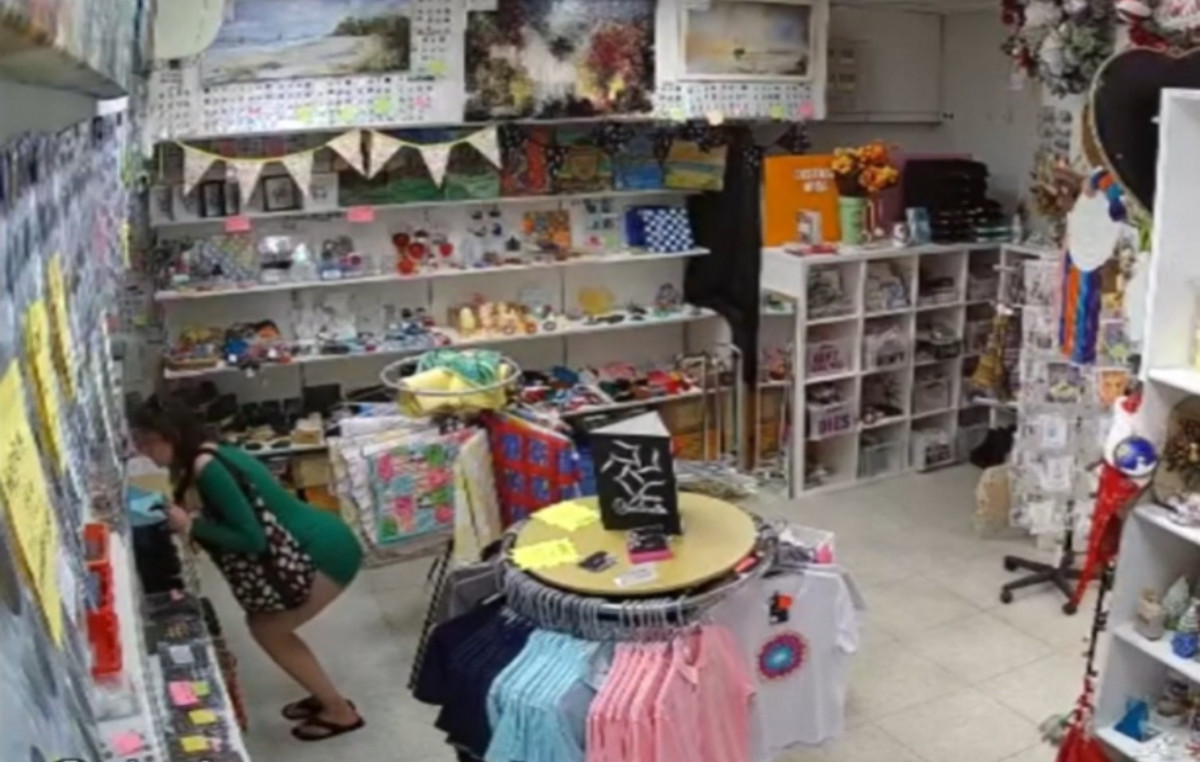According to the statistics coordinator of the Observatory of International Migration, Tadeu Oliveira, Brazil is a receiving country for immigrants, but it fails to create conditions of inclusion for those who arrive.
In an interview with CNN, he assessed that there is “a very big gap” between allowing the entry of these people – who come from places like Haiti, Venezuela and African countries – and “giving dignity to them, since there is no clear state policy.”
The OBMigra coordinator mentioned, for example, that there is no policy to teach the language to migrants. “This is necessary for him to know his rights, go through medical appointments and even attend schools.”
The demographic transition in Brazil, according to Tadeu, is one of aging in the labor market. “These migrants arrive to help the Brazilian economy, they are not competing with natives for jobs.”
Tadeu also stated that the employer often perceives the vulnerability of those who arrive and ends up “exploiting” the job offer. “People accept any condition, because they have to survive.”
He also cites structural racism as a factor. “Black people work more intensely and with lower pay, racism is an additional component.”
Black immigrants receive, on average, one to two minimum wages in Brazil, according to a survey by OBMigra.
Source: CNN Brasil







